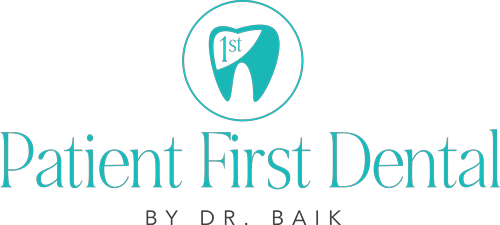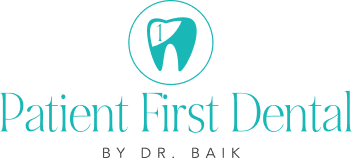FAQs
Frequently Asked Questions About Dental Care in San Jose
Dennis Baik, DDS, is humbled to be your dental healthcare provider of choice and proud to join you on your oral health journey. We aim to help you achieve your goal even while you’re at home, so we compiled the most frequently asked dentist questions in San Jose from our patients and created this guide for your dental health reference.
Get Answers from Our Dental Experts
Here at Dennis Baik, DDS we understand you may have questions about your dental needs and we want to be your source of all things dental! Visit our blog.

